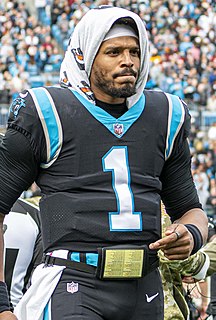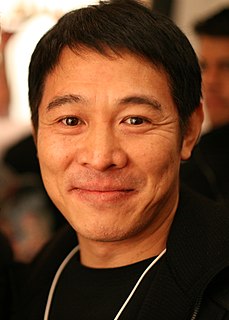A Quote by Amy Chua
In Chinese culture, it wouldn't occur to kids to question or talk back to their parents. In American culture, kids in books, TV shows and movies constantly score points with their snappy back talk. Typically, it's the parents who need to be taught a life lesson - by their children.
Related Quotes
Since the 1960s, mainstream media has searched out and co-opted the most authentic things it could find in youth culture, whether that was psychedelic culture, anti-war culture, blue jeans culture. Eventually heavy metal culture, rap culture, electronica - they'll look for it and then market it back to kids at the mall.
I had to call in because I do believe, I know of cases, it is happening that some of these kids that weren't born here but they've lived here all their lives, they are being deported. And I also know of cases where the kids are born here, they're American citizens, they're put in foster homes and their parents are deported, and their parents are begging to get their kids back. That actually is happening.
Escuela Caribe preyed upon parents' fears of secular culture to recruit students. Parents could send their kids to a place where they'd be sheltered from evil secular influences - sex, drugs, alcohol, and a questioning mentality. A place where children would be forced to become good little clones of their parents.
The weekly cartoons, as were my plays, came from a sense of criticism, criticism of the times, critical of the culture, of our manners and attitudes towards each other. The children's books come from the reverse. They're more supportive, since we're living in a time where we talk more about kids and do less, we talk about balancing the budget and we do it by cutting education.




































